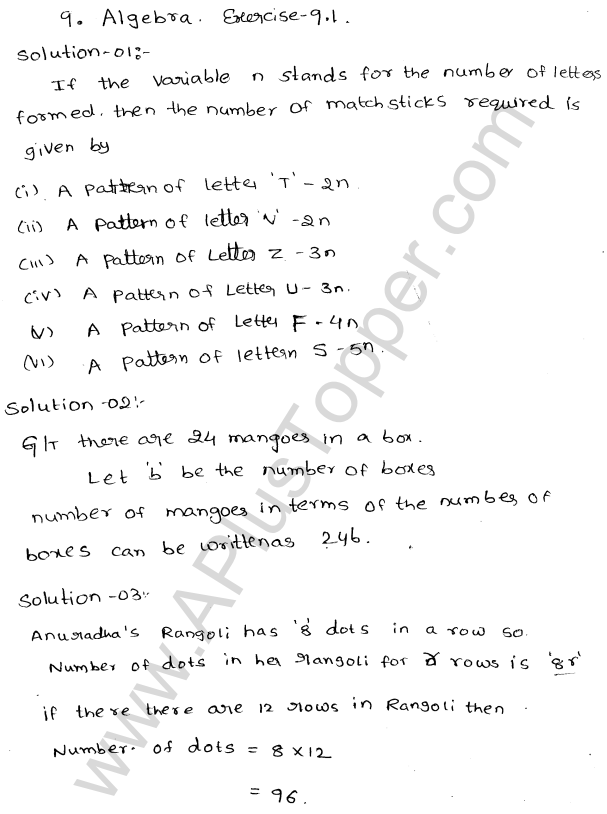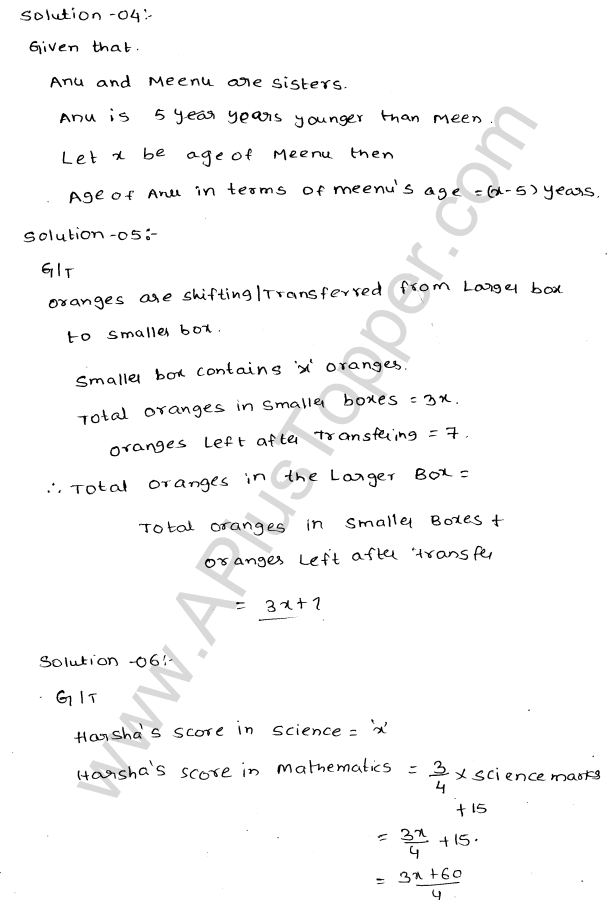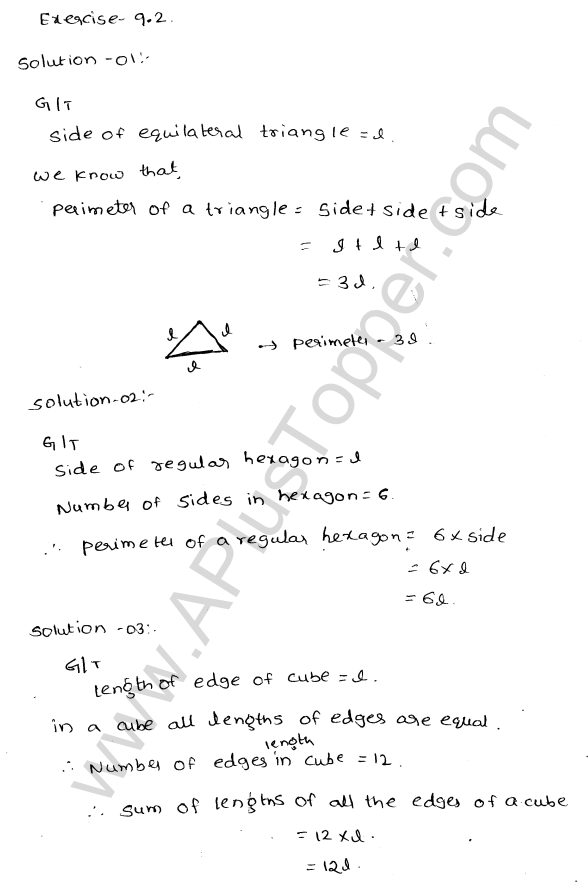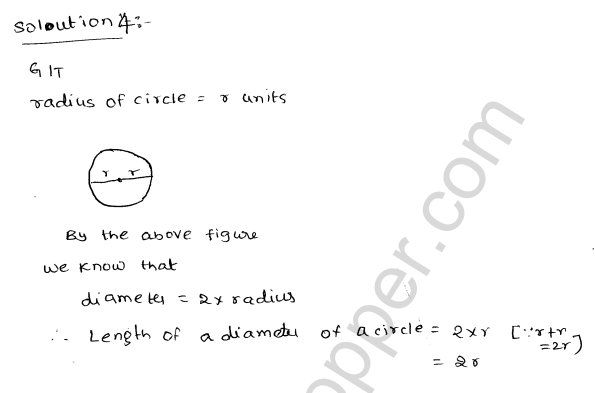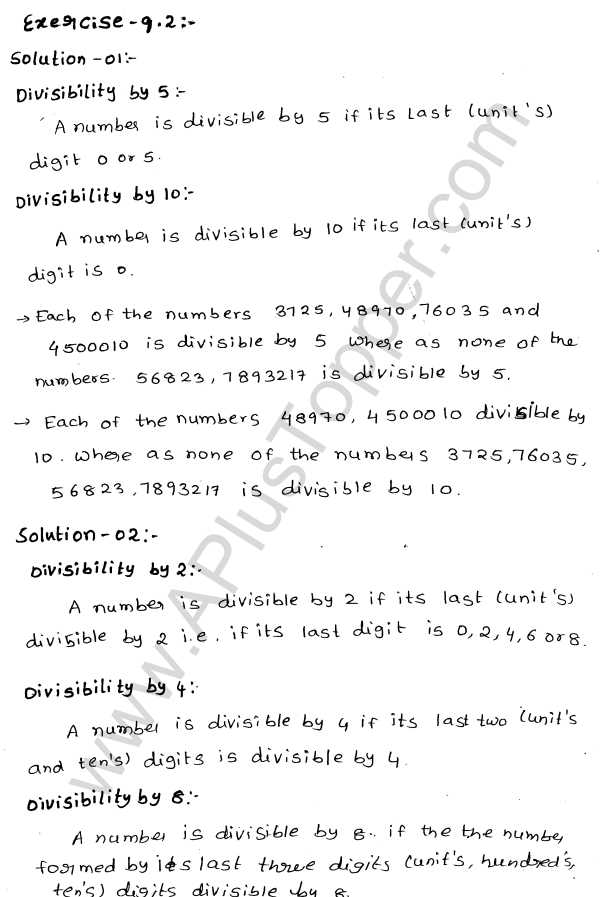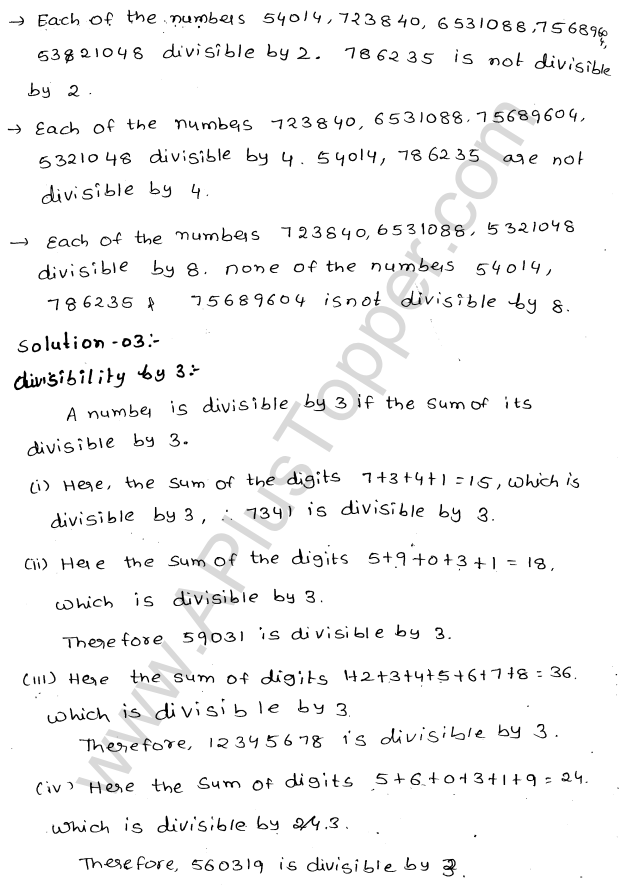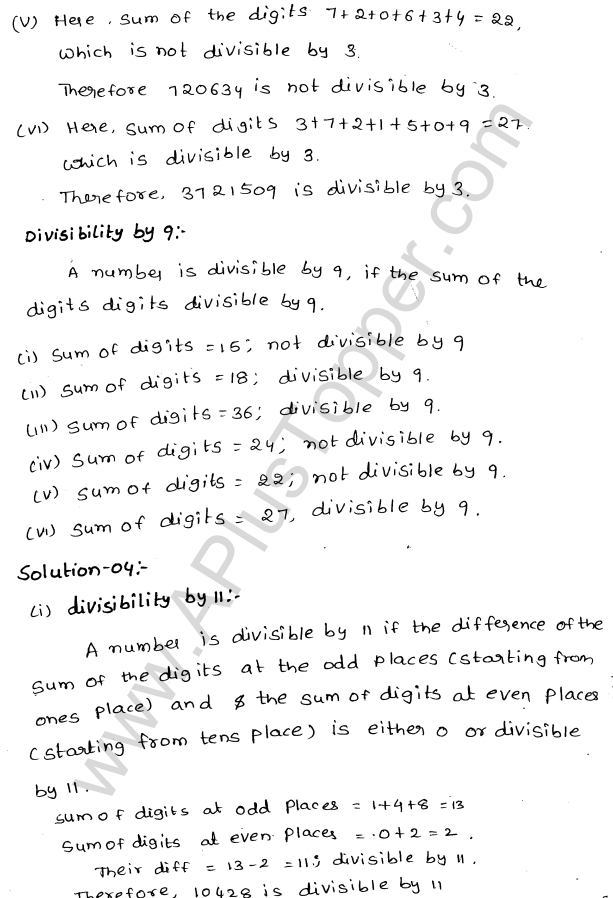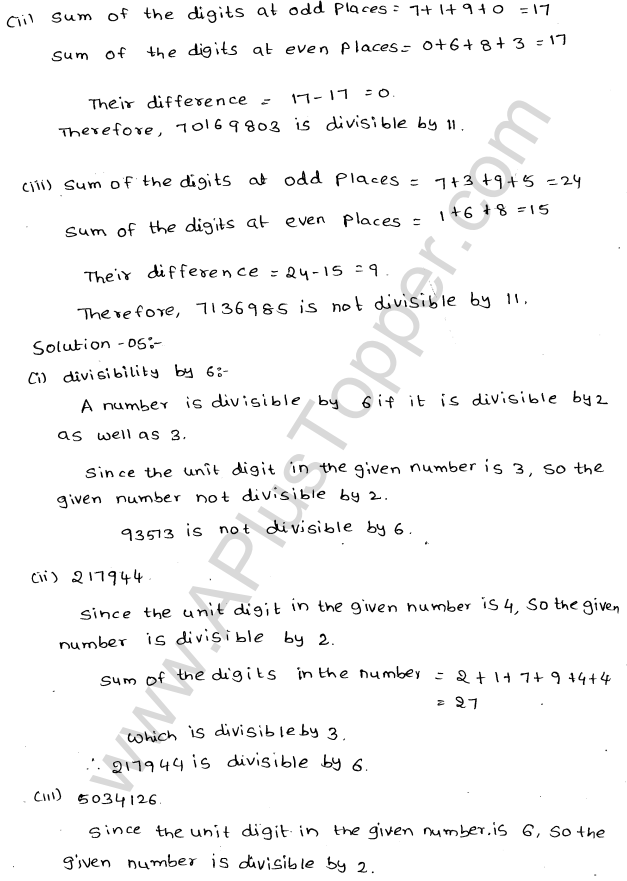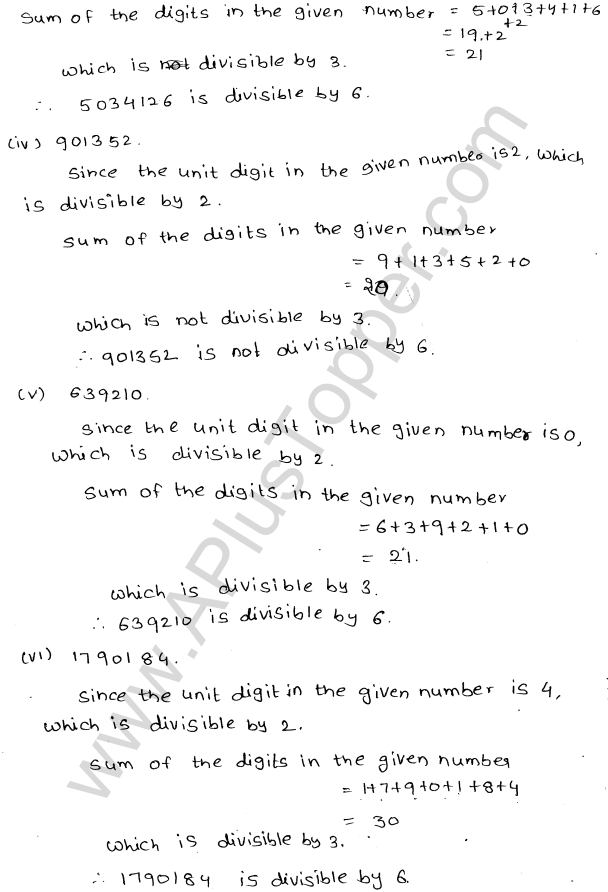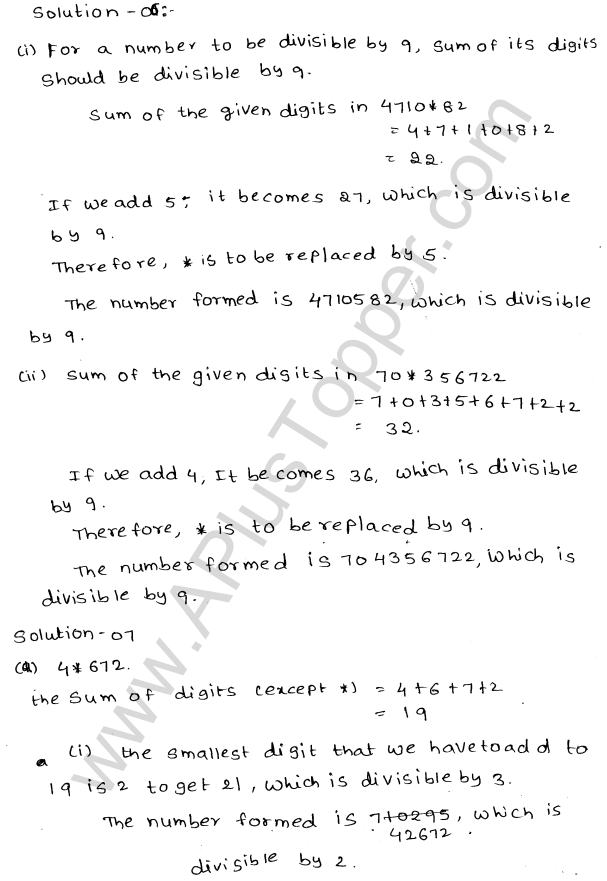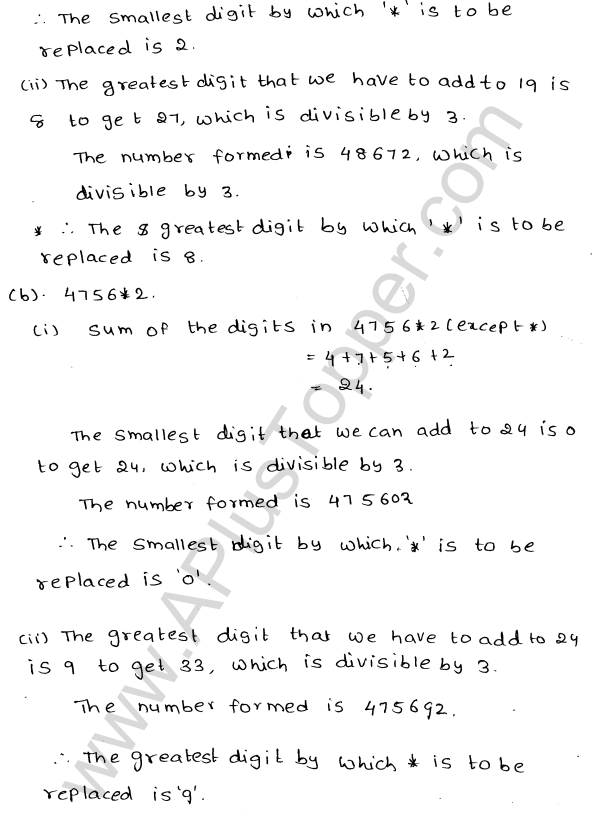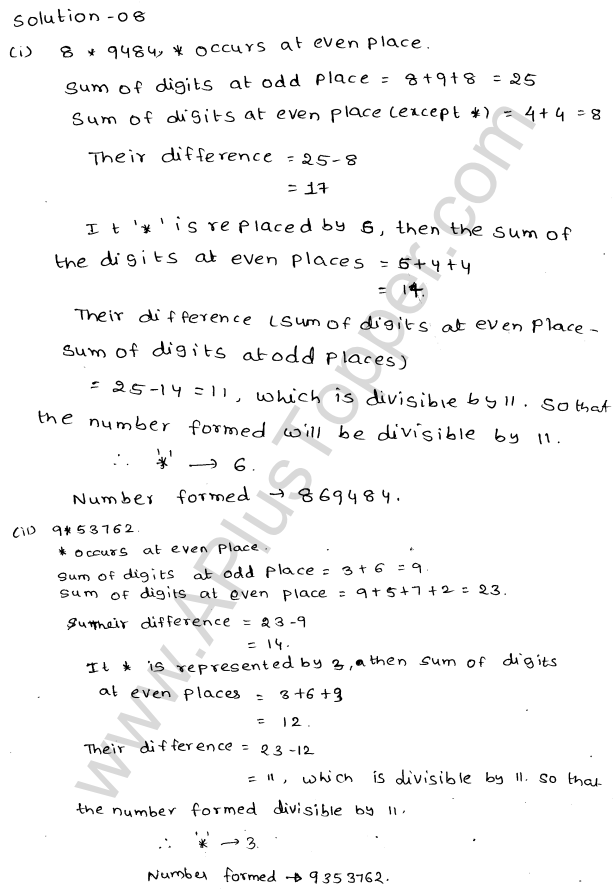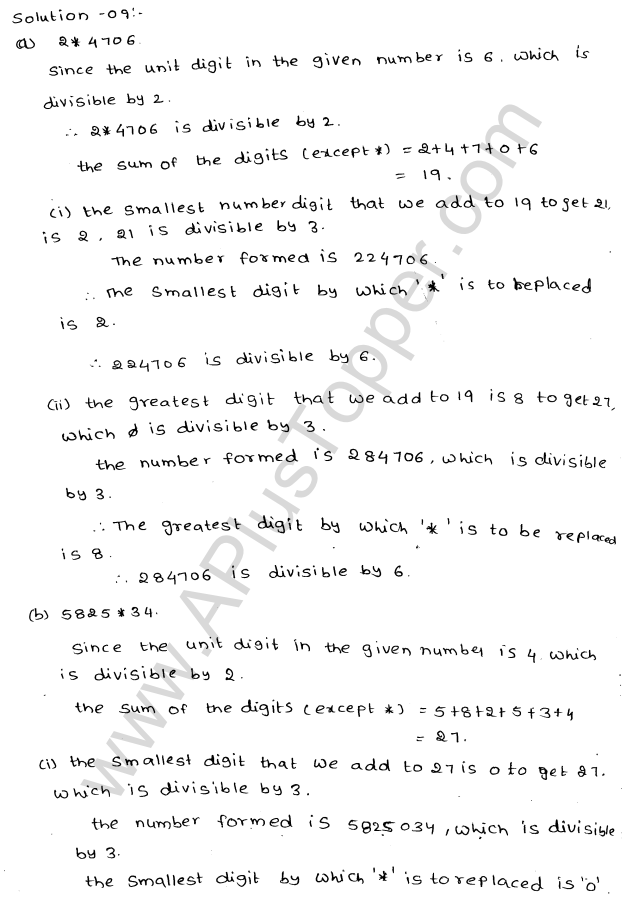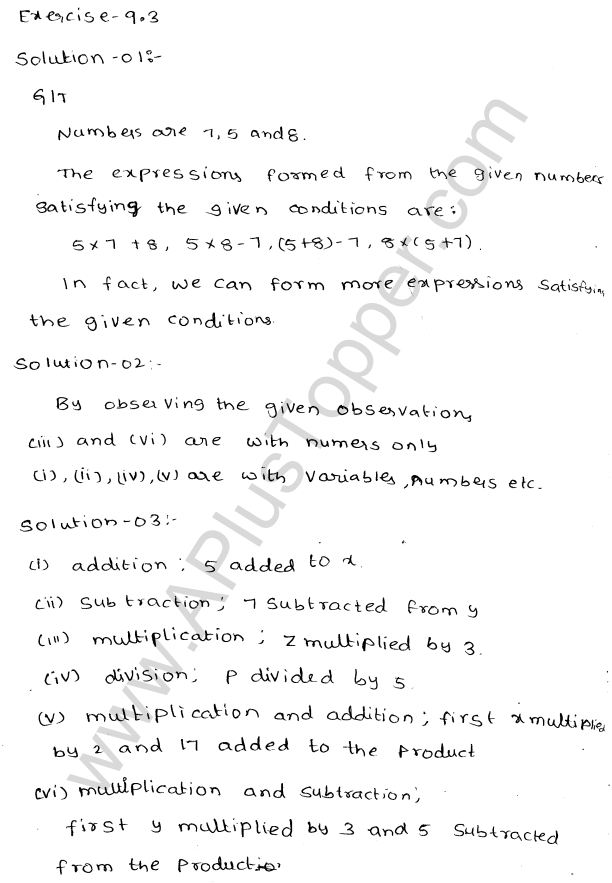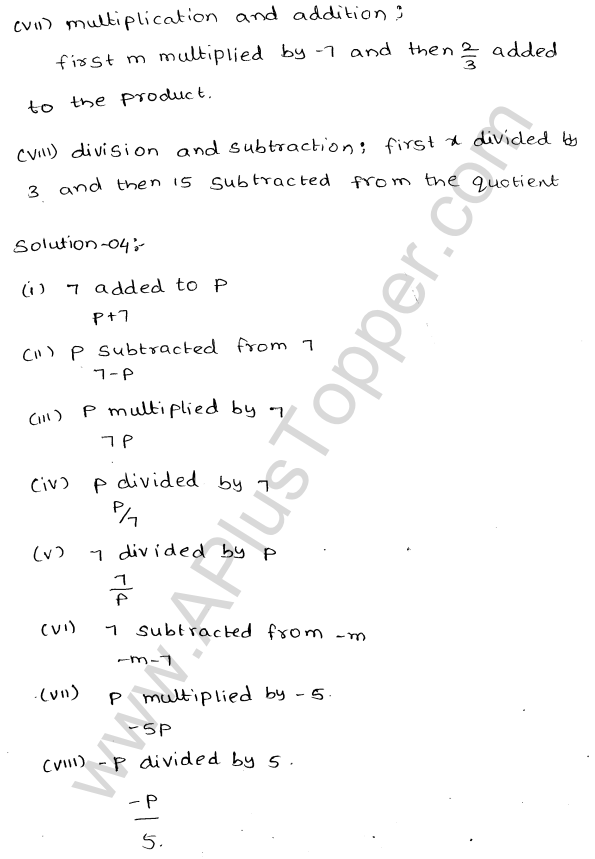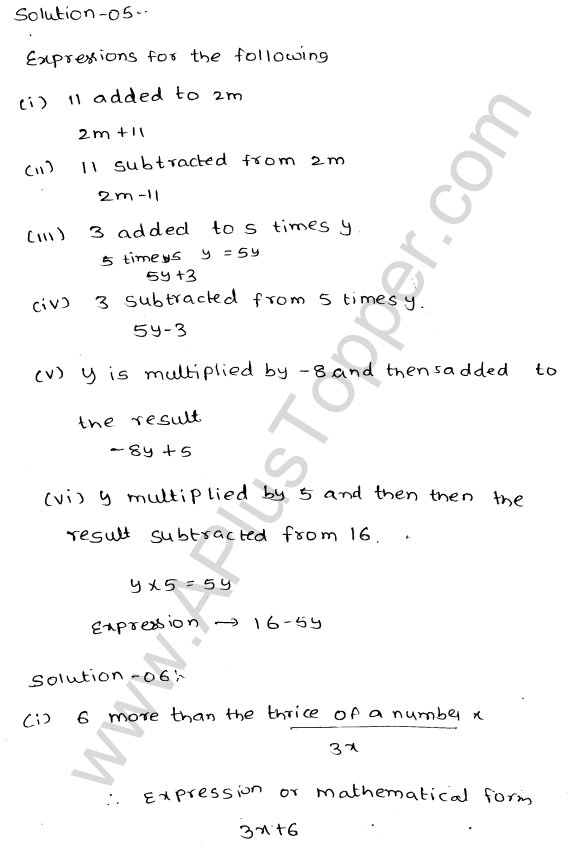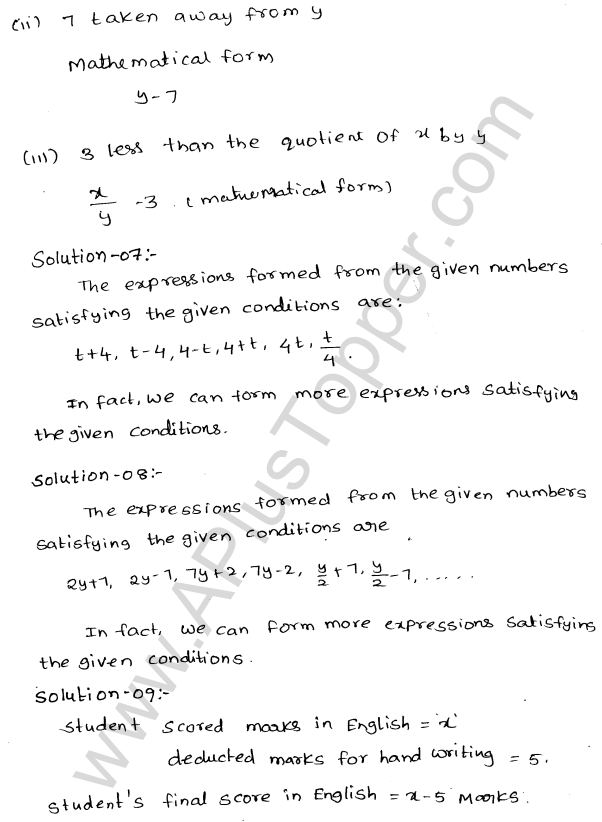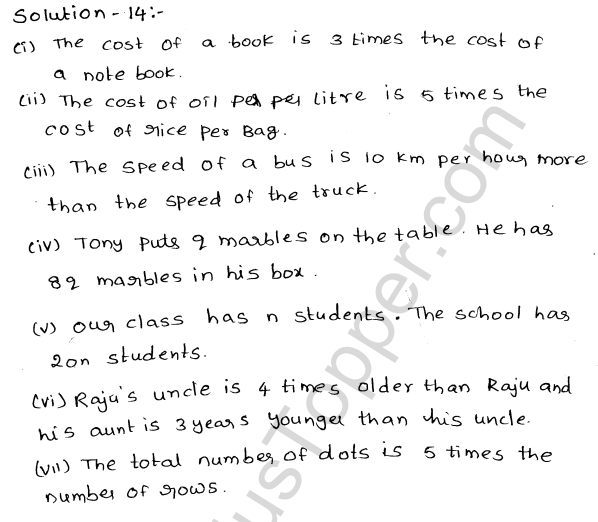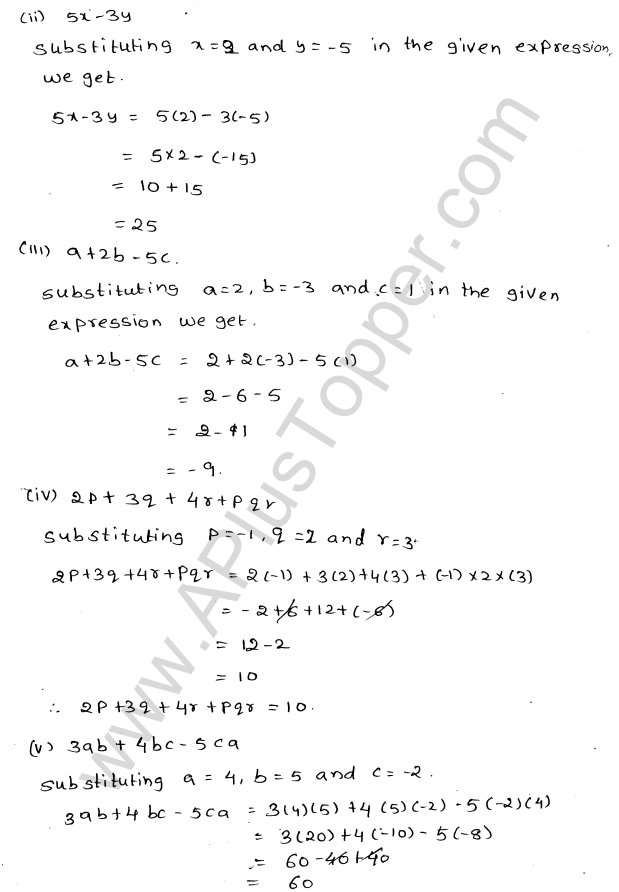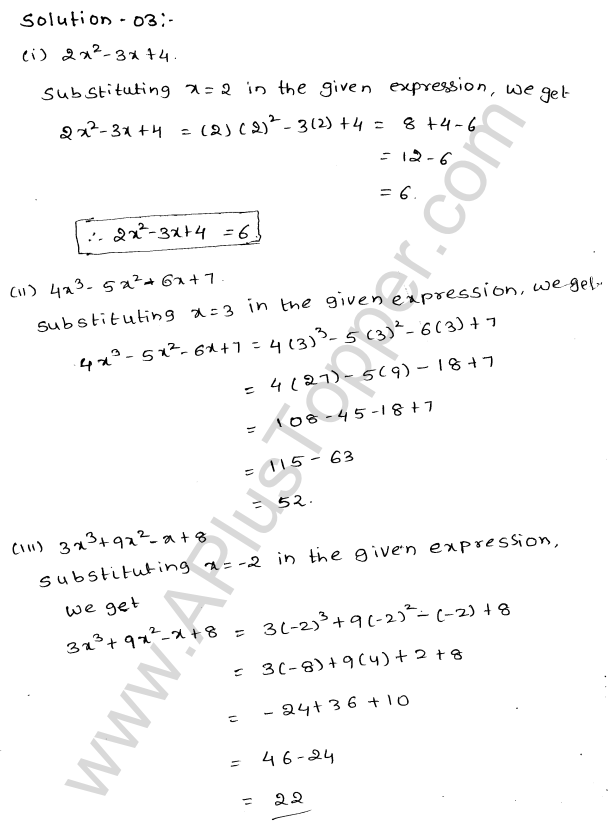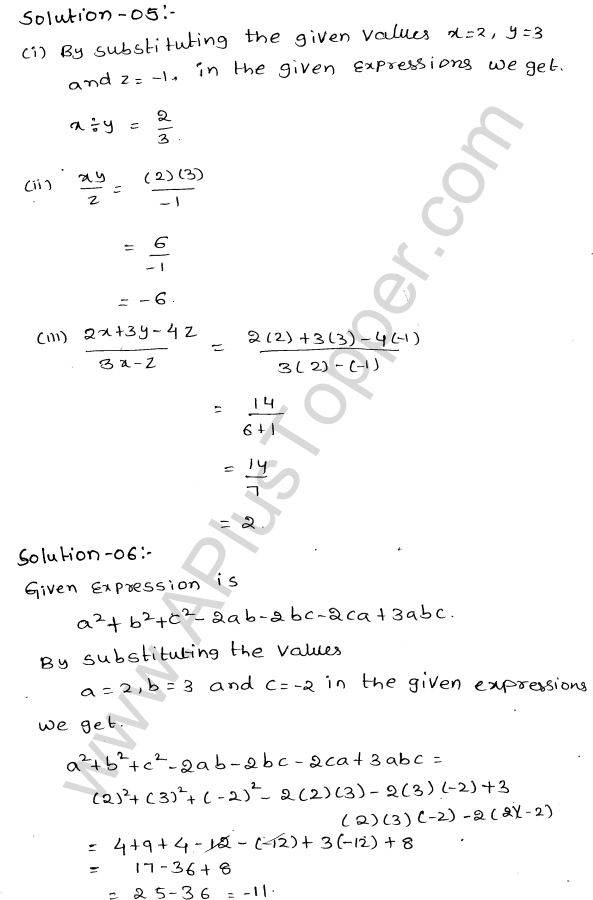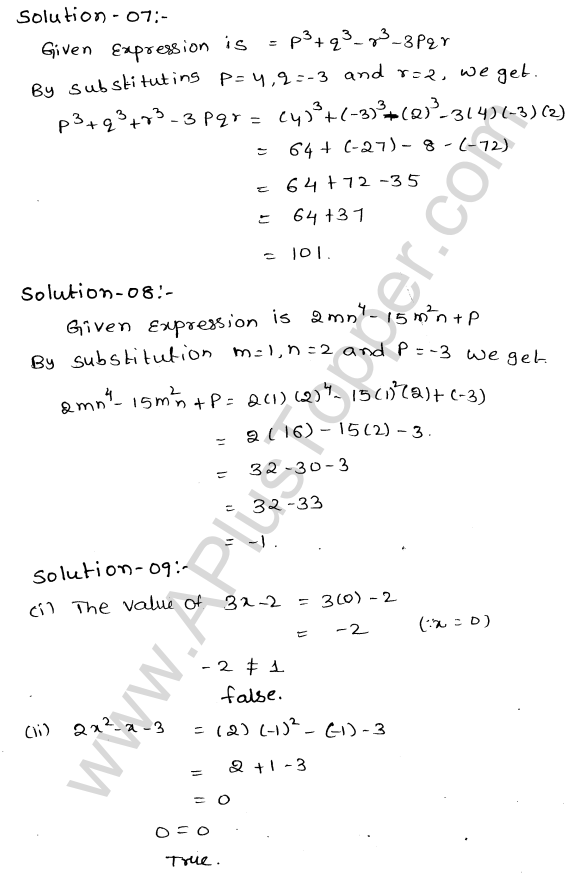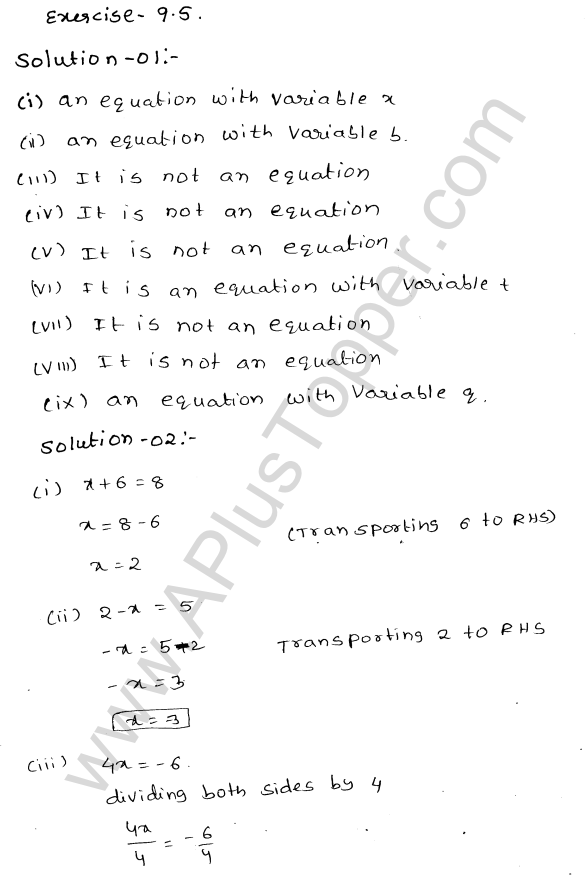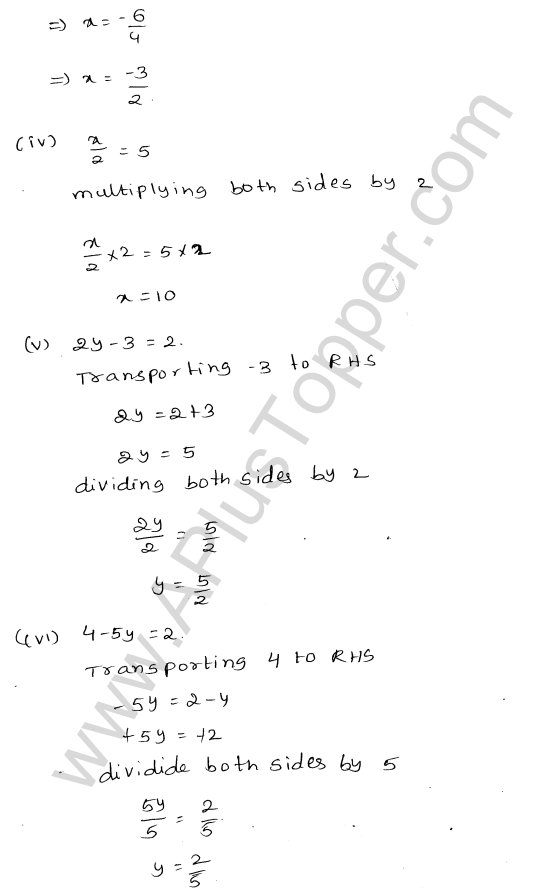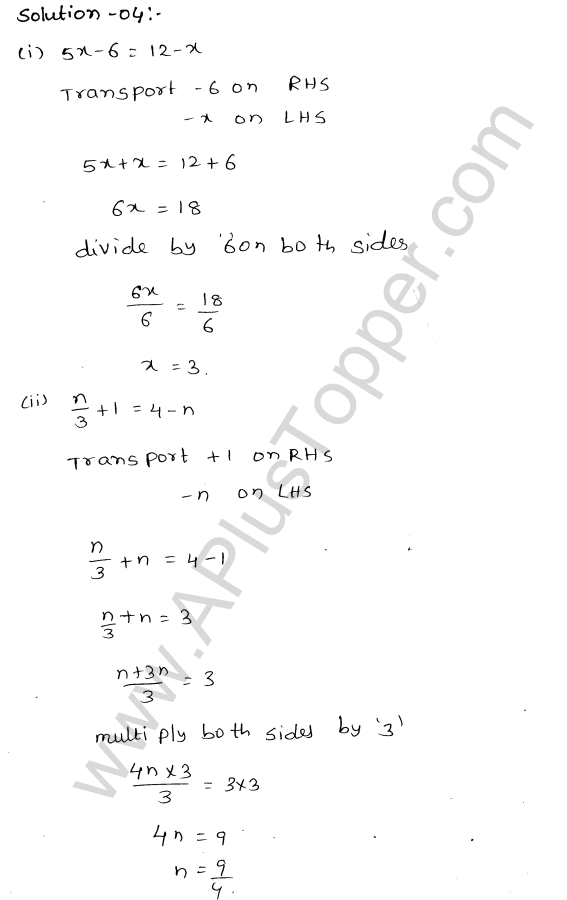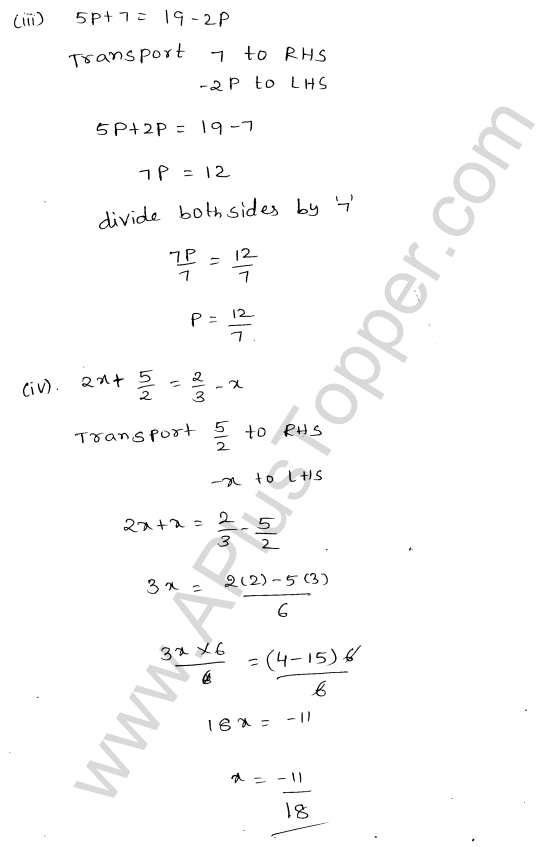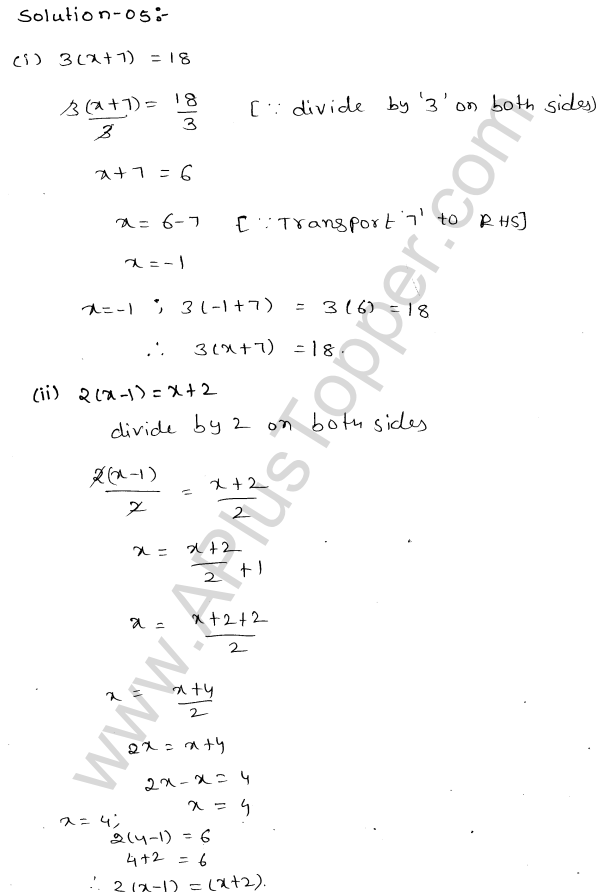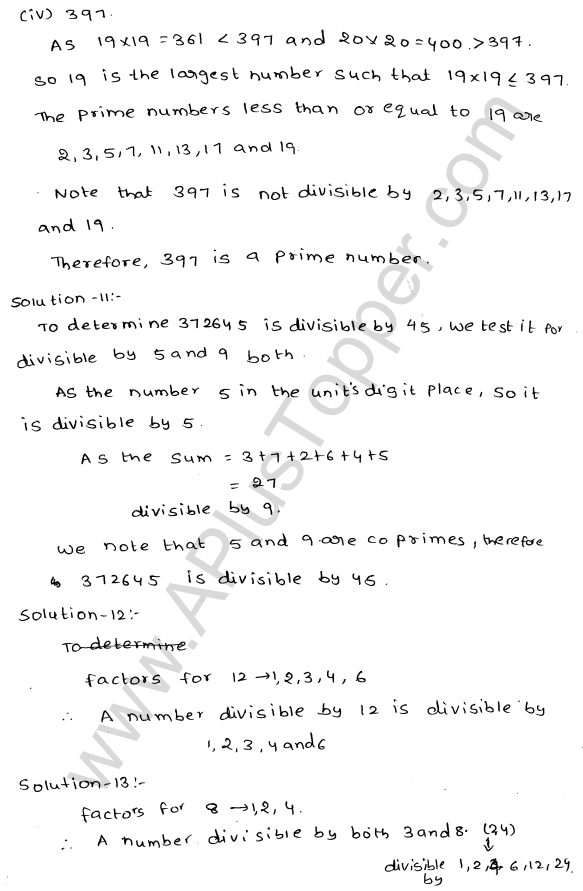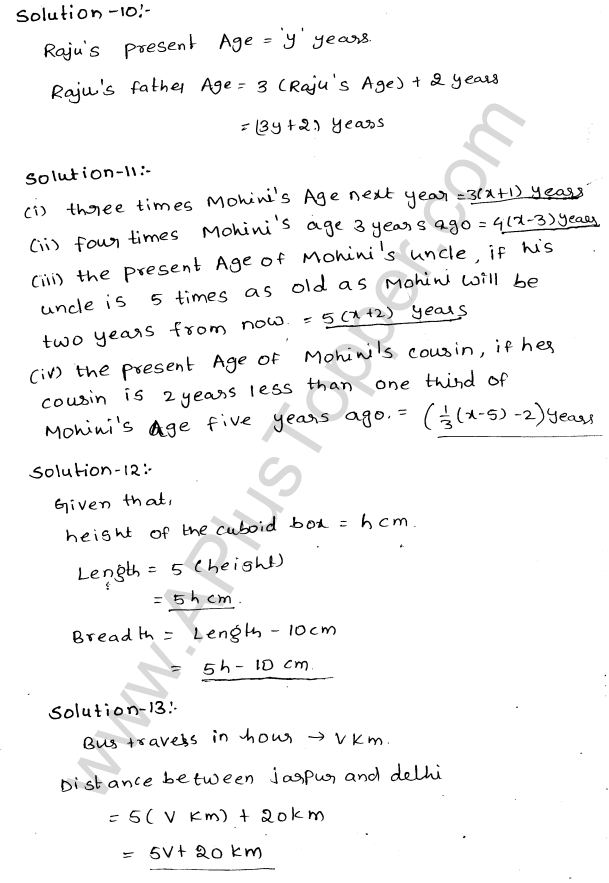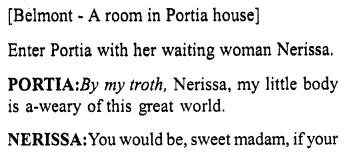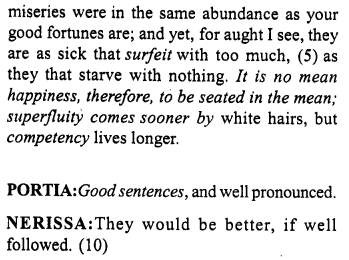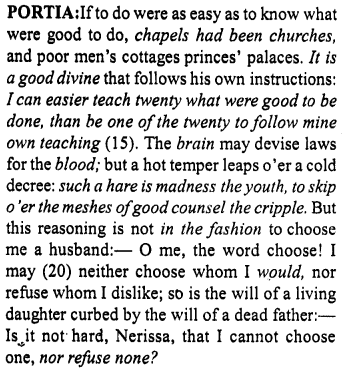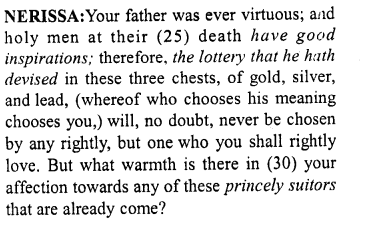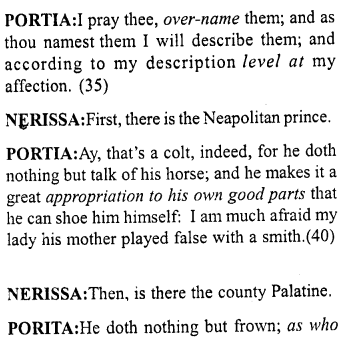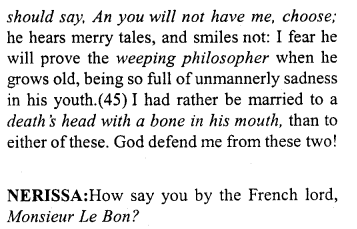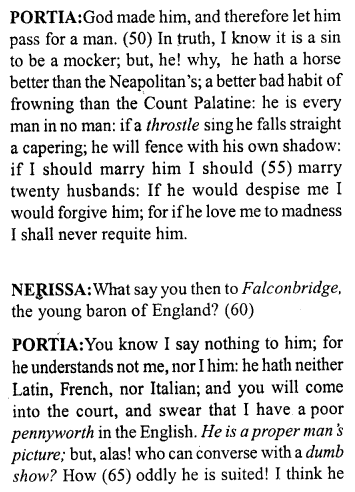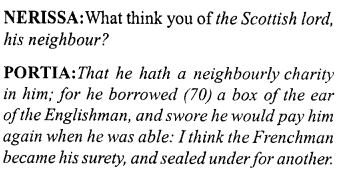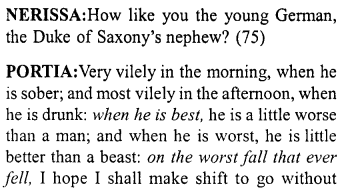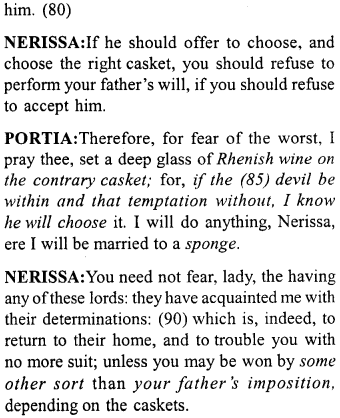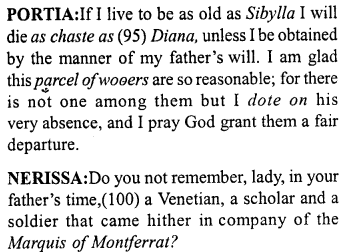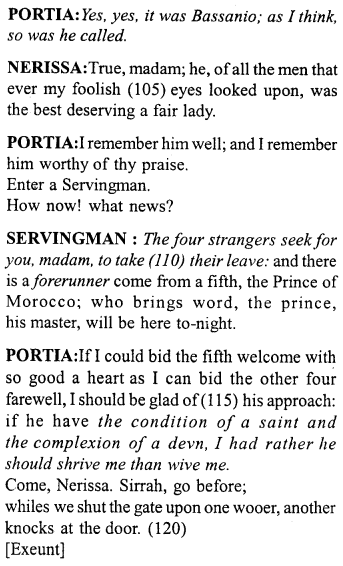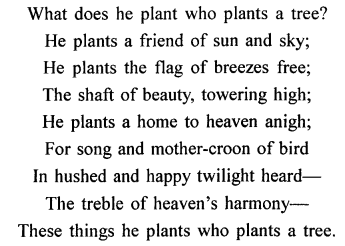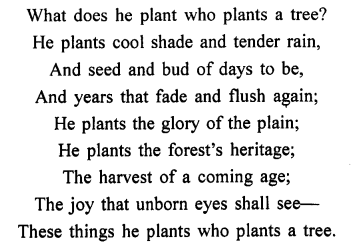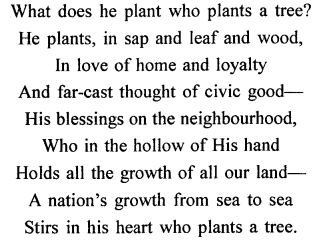Treasure Trove A Collection of ICSE Short Stories Workbook Answers Chapter 10 All Summer in a Day – ICSE Class 10, 9 English
EnglishMathsPhysicsChemistryBiology
ICSE SolutionsSelina ICSE SolutionsML Aggarwal Solutions
Comprehension Passages
Passage 1
Read the extract given below and answer the questions that follow.
“Do the scientists really know? Will it happen today, will it ?”
“Look, look; see for yourself !”The children pressed to each other like so many roses, so many weeds, intermixed, peering out for a look at the hidden sun. It rained. It had been raining for seven years; thousands upon thousands of days compounded and filled from one end to the other with rain, with the drum and gush of water, with the sweet crystal fall of showers and the concussion of storms so heavy they were tidal waves come over the islands. A thousand forests had been crushed under the rain and grown up a thousand times to be crushed again. And this was the way life was forever on the planet Venus, and this was the schoolroom of the children of the rocket men and women who had come to a raining world to set up civilization and live out their lives.
Question 1.
Which is the place under discussion?
Answer:
The place under discussion is the planet Venus and the weather there.
Question 2.
What is the weather like on Venus? How long has it been like this?
Answer:
The weather is dark and depressing as there is no sun for the past seven years. It had been raining for seven years; thousands upon thousands of days compounded and filled from one end to the other with rain.
Question 3.
What is supposed to happen on this particular day?
Answer:
The scientists had predicted that on that particular day the sun would shine for a short while.
Question 4.
Describe the rain and its effect on life on Venus.
Answer:
The sun remains hidden for seven years on Venus and it rains continuously for those seven years, thousands upon thousands of days compounded and filled from one end to the other with rain, with the drum and gush of water, with the sweet crystal fall of showers and the concussion of storms so heavy they were tidal waves come over the islands. A thousand forests had been crushed under the rain and grown up a thousand times to be crushed again.
Question 5.
Why had the rocket men and women come to Venus?
Answer:
The rocket men and women had come to the raining world of Venus to set up a civilization and live out their lives.
Passage 2
Read the extract given below and answer the questions that follow.
Margot stood apart from these children who could never remember a time when there wasn’t rain and rain and rain. They were all nine years old, and if there had been a day, seven years ago, when the sun came out for an hour and showed its face to the stunned world, they could not recall. Sometimes, at night, she heard them stir, in remembrance, and she knew they were dreaming and remembering an old or a yellow crayon or a coin large enough to buy the world with. She knew they thought they remembered a warmness, like a blushing in the face, in the body, in the arms and legs and trembling hands. But then they always awoke to the tatting drum, the endless shaking down of clear bead necklaces upon the roof, the walk, the gardens, the forests, and their dreams were gone. All day yesterday they had read in class about the sun. About how like a lemon it was, and how hot. And they had written small stories or essays or poems about it:
I think the snn is a flower,
That blooms for just one hour.
Question 1.
Why are the other children unable to remember the sun?
Answer:
The other children were unable to remember the sun because in case there had been a day seven years ago when the sun had shone for a short while, they would not be able to recall as they would have been only two years old.
Question 2.
What memory disturbed the children at night sometimes?
Answer:
The vague memory of the sun troubled them and they mistook it for an old yellow crayon or a coin large enough to buy the world with.
Question 3.
What were the things the children were familiar with in their world?
Answer:
The children were familiar with the tatting drum, the endless shaking down of clear bead necklaces upon the roof, the walk, the gardens, and the forests.
Question 4.
What did the children read in class all day long?
Answer:
All day they had read in class about the sun. About how it resembled a lemon, and how hot was the sun. The children had also written small stories or essays or poems about the sun.
Question 5.
What had Margot written about the sun in her poem?
Answer:
She had written that the sun was like a flower that bloomed only for an hour.
Passage 3
Read the extract given below and answer the questions that follow.
Margot stood alone. She was a very frail girl who looked as if she had been lost in the rain for years and the rain had washed out the blue from her eyes and the red from her mouth and the yellow from her hair. She was an old photograph dusted from an album, whitened away, and if she spoke at all her voice would be a ghost. Now she stood, separate, staring at the rain and the loud wet world beyond the huge glass. “What’re you looking at ?” said William. Margot said nothing. “Speak when you’re spoken to.” He gave her a shove. But she did not move; rather she let herself be moved only by him and nothing else. They edged away from her, they would not look at her. She felt them go away. And this was because she would play no games with them in the echoing tunnels of the underground city. If they tagged her and ran, she stood blinking after them and did not follow. When the class sang songs about happiness and life and games her lips barely moved. Only when they sang about the sun and the summer did her lips move as she watched the drenched windows.
Question 1.
What did Margot look like?
Answer:
Margot was a thin and delicate girl who looked as if she had been lost in the rain for years and the rain had washed out the blue from her eyes and the red from her mouth and the yellow from her hair. She was an old photograph dusted from an album, whitened away.
Question 2.
Why was Margot sad?
Answer:
Margot was sad because she did not like the rain and she remembered the warmth and brightness of the sun on Earth where it could be seen every day.
Question 3.
What was the reaction of the children towards Margot?
Answer:
The children found Margot strange and bullied her. They edged away from her, they would not look at her.
Question 4.
Why did they behave in this manner towards Margot?
Answer:
The children behaved in this manner towards Margot because she would not play games with them in the echoing tunnels of the underground city. If they tagged her and ran, she stood blinking after them and did not follow. When the class sang songs about happiness and life and games her lips barely moved.
Question 5.
When did Margot react ?
Answer:
Margot reacted only when they sang about the sun and the summer. Then her lips moved as she watched the drenched windows. Even the mention of the sun made her happy and react in some manner.
Passage 4
Read the extract given below and answer the questions that follow.
So after that, dimly, dimly, she sensed it, she was different and they knew her difference and kept away. There was talk that her father and mother were taking her back to Earth next year; it seemed vital to her that they do so, though it would mean the loss of thousands of dollars to her family. And so, the children hated her for all these reasons of big and little consequence. They hated her pale snow face, her waiting silence, her thinness, and her possible future. “Get away 1” The boy gave her another push. “What’re you waiting for?”Then, for the first time, she turned and looked at him. And what she was waiting for was in her eyes. “Well, don’t wait around here !” cried the boy savagely. “You won’t see nothing!” Her lips moved. “Nothing 1” he cried. “It was all a joke, wasn’t it?” He turned to the other children. “Nothing’s happening today. Is it ?”
Question 1.
What makes Margot different from the other children? Why?
Answer:
Margot had memories of the sun and the glorious effect and warmth of the sun. But the children had no recollections and remembered only the colourless and depressing rain on Venus. This was the main difference.
Question 2.
What was the rumour? What did Margot think?
Answer:
There was a rumour that Margot’s parents were taking her back to Earth next year. It seemed important to Margot that they do so because she hated Venus and could not survive without the Sun on Venus. The decision to take Margot back to Earth would mean loss of thousands of dollars to her family.
Question 3.
Why did the children hate her?
Answer:
The children sensed that Margot was different from them. She hated the continuous rain while they were used to it. She spoke only about the sun and they had no memory of it. They hated her pale snow face, her waiting silence, her thinness, and her possible future of going back to the Earth.
Question 4.
What is the ‘it’ referred to by William?
Answer:
The ‘it’ referred to by William is the Sun which the scientists had predicted would shine for a short while that day.
Question 5.
What was Margot waiting for? Why did William say it was a joke?
Answer:
Margot was waiting to see the sun predicted to shine that day for a short while. William did not want her to have the joy of seeing the sun .
Passage 5
Read the extract given below and answer the questions that follow.
They stood in the doorway of the underground for a moment until it was raining hard. Then they closed the door and heard the gigantic sound of the rain falling in tons and avalanches, everywhere and forever.
“Will it be seven more years?” “Yes. Seven.” Then one of them gave a little cry. “Margot!” “What?” “She’s still in the closet where we locked her.” “Margot.”
They stood as if someone had driven them, like so many stakes, into the floor. They looked at each other and then looked away. They glanced out at the world that was raining now and raining and raining steadily. They could not meet each other’s glances. Their faces were solemn and pale. They looked at their hands and feet, their faces down. “Margot.” One of the girls said, “Well.. .?” No one moved. “Go on,” whispered the girl. They walked slowly down the hall in the sound of the cold rain. They turned through the doorway to the room in the sound of the storm and thunder, lightning on their faces, blue and terrible. They walked over to the closet door slowly and stood by it. Behind the closed door was only silence. They unlocked the door, even more slowly, and let Margot out.
Question 1.
When would the Sun shine again? Why had the children locked Margot in the closet?
Answer:
The sun would shine after seven years. The children knew Margot loved the sun and had waited to see it. But they hated her and so did not want her to see the sun and locked her in the closet.
Question 2.
Why were the children avoiding looking at each other?
Answer:
The children glanced out at the world that was raining now and raining and raining steadily. They could not meet each other’s glances. Their faces were solemn and pale. They looked at their hands and feet, their faces down because they were guilty of hurting Margot by not letting her see the Sun. Now it would shine on Venus only after seven years. They had been cruel to Margot.
Question 3.
Why does the author describe their faces as blue and terrible?
Answer:
The author describes their faces as blue and terrible to accentuate their criminal and mean minds which are the result of living on Venus, away from the positive energy of the Sun.
Question 4.
What impression does one get of the life of people away from the Sun ?
Answer:
The power of the sun over the children living on Venus is notable. They are pale and colourless, not just physically but also emotionally. The lack of the sun has not only washed away the colour on their skin but also their compassion and empathy for other people. They do not gain this until they’ve spent time under the sun’s rays. The sun is life giving for the landscape as well as the inhabitants of Venus.
Assignment
Question 1.
How does Ray Bradbury develop the mood in “All Summer in a Day”?
Answer:
Bradbury uses lyrical language to convey a mood of longing and loss in this story of a Venus where the sun only emerges once every seven years. This mood is reinforced by the personality of the main character, Margot, a sensitive, melancholy little girl whose soul’s sadness seems reflected in the ever present rain. The sun in this story becomes the metaphor for all our longings and desires.
Bradbury doesn’t just say it rained all the time, but describes the rain: “the sweet crystal fall of showers and the concussion of storms so heavy … A thousand forests had been crushed.” Likewise, Bradbury lingers over descriptions of the sun. It is like “gold” or a “lemon crayon,” “flaming bronze” and a “warm iron.”
Bradbury repeatedly uses similes and poetic language to describe this sun and this world. Rather than hurtle us forward from event to event in this stoiy, Bradbury encourages us, through his description, to stop and to experience being drenched in what it is like to be on this imaginary Venus. Only two things happen in terms of plot: the sun comes out and Margot, who longs so deeply to see it, is locked away in a closet by the other children. The rest is the longing mood Bradbury evokes.
Question 2.
What is the theme of all summer in a day by Ray Bradbury?
Answer:
The theme for “All Summer in a Day” is bullying and jealousy. Kids, and people alike, can be so mean when they are confronted with someone different than their current understanding or when they are jealous. Margot had known what the sun looked, and felt like when she lived on Earth; but, the children of Venus who get to see the sun for two hours once every seven years could not relate to her experience. The children wouldn’t have locked Margot in the closet at that very special moment when the sun comes out if it had not have been for William. William is the antagonist who suggests that they lock her up because,the biggest crime of all was that she had come here only five years ago from Earth, and she remembered the sun and the way the sun was and the sky was when she was four in Ohio. And they, they had been on Venus all their lives, and they had been only two years old when last the sun came out and had long since forgotten the color and heat of it and the way it really was. But Margot remembered.”
Here we see that motive behind the rage and jealousy that the children felt for Margot. Whether it is one situation or another, Bradbury brings out a true principle of the human condition with this story; and that is the effects that jealousy can have when acted upon.
Question 3.
What are examples of simile, metaphor, and personification in “All Summer in a Day”?
Answer:
Ray Bradbury’s short story “All Summer in a Day” has many different types of figures of speech. Similes compare two unlike things using the words “like” or “as.” Metaphors compare two unlike things using words like “is” or “was.” Finally, personification occurs when an animal or inanimate object is given human traits or qualities. These figures of speech not only help to communicate what the author wants to portray in the story, but also helps readers to connect with something they may have already understood, which then creates more meaning for them in the story. For example, the following is a passage that demonstrates the use of simile and metaphor:
‘All day yesterday they had read in class about the sun. About how like a lemon it was, and how hot. And they had written small stories or essays or poems about it:
I think the sun is a flower,
That blooms for just one hour.’
The first figure of speech is a simile because it compares the sun to a lemon using the word “like.” Then, a metaphor is used when the sun is compared to a flower using the word “is.”
The next passage has examples of two similes:
‘But Margot remembered.
“It’s like a penny,” she said once, eyes closed.
“No it’s not!” the children cried.
“It’s like a fire,” she said, “in the stove.”
Both figures of speech in this passage are similes because the sun is compared to a penny and then to fire using the word “like.” The next example demonstrates how personification is used in the story:
‘They stood looking at the door and saw it tremble from her beating and throwing herself against it.’
In animate objects do not have the ability to tremble like people do; therefore, this is an example of personification. The door “trembles” because it receives the impact of Margot’s protest and anxiety about being trapped. It also seems as though Bradbury uses personification when Margot is locked in the closet to describe how her emotions powerfully transfer through the door as she pounds on it.
Question 4.
What is the central conflict of the story “All Summer in a Day”?
Answer:
The central conflict of the story is that Margot does not fit in with the other children.
The basic situation is that it has been raining on Venus for seven years. The children, who are nine years old, do not remember ever seeing the sun. The sun is scheduled to come out, so the kids are very excited. Margot is excited too, but she is a child who just doesn’t fit in.
Margot is from Earth, and the other children are from Venus. In addition to that, Margot is delicate and sensitive and just doesn’t associate with the other kids.
They turned on themselves, like a feverish wheel, all tumbling spokes. Margot stood * alone. She was a veiy frail girl who looked as if she had been lost in the rain for years and the rain had washed out the blue from her eyes and the red from her mouth and the yellow from her hair.
The other kids tease Margot and don’t understand her. They are envious of her, and like many kids they turn that envy to cruelty. When the class is preparing for the sun to come out, the children tease Margot for the poem she wrote. She remembers the sun, and that really eats at them.
When the teacher leaves the room just as the sun is about to come out, the conflict comes to a head.
“Get away !” The boy gave her another push. “What’re you waiting for?”
Then, for the first time, she turned and looked at him. And what she was waiting for was in her eyes.
The boy tells Margot it was all a joke, and suggests they lock her in the closet. He is using her desperation and expectation against her, even though all of the children want the same thing. They are all ramped up, and need a target for their energy and aggression. Margot is an easy target.
Question 5.
What is the climax of Ray Bradbury’s “All Summer in a Day?”
Answer:
The climax of Bradbury’s short story is when the sun comes out for the first time in seven years. The kids have locked Margot in a closet and to their astonishment, the sun comes out. They bolt outside to the sun, frolicking and playing in the illumination. They play until it begins to rain and then they have to come back inside. It becomes evident to them, in a dawning- like realization, that they left Margot in the closet.
This moment of the sun appearing is the climax because it is the point in which the action is the greatest. In the conflict between Margot and the group of students, it is at this point where the tension between both is the highest in an almost contradictory moment of unity and symmetry. It is Bradbury’s genius to construct the situation so that Margot was actually right. Rather than praise her for her correct world view, the kids flock towards her absolute sense of accuracy and her vision, something that she is not able to appreciate because of being marginalized. The height of the plot, the moment where the action is most intense, is in this moment of unity, one in which there is validation but not for the person who advocated it. In this, there is a climax and a sense of diminishing action appears at the end when the children come to the silent realization that they have to release Margot out of the closet.
Question 6.
What is the setting of “All Summer in a Day”?
Answer:
The story is set in Venus sometime in the future on a day when the rain stops briefly.
A group of children are living on Venus. It rains every day for seven years. The children have not seen the sun in all that time. The children are nine years old, and have not seen the sun since it came out seven years before for an hour.
And this was the way life was forever on the planet Venus, and this was the schoolroom of the children of the rocket men and women who had come to a raining world to set up civilization and live out their lives.
A girl named Margot came from Earth, and remembers the sun. The other children are angry because she has seen it and they haven’t. On the one day the sun comes out they decide to lock her in a closet, and she misses the few minutes of sun.
The story demonstrates that children are children, no matter the setting. The children are cruel to Margot because she is different, and because they are jealous. Due to their actions, she misses seeing the sun. Only then do the children regret what they have done.
Question 7.
What does “I think the sun is a flower” mean in Ray Bradbury’s short story “All Summer in a Day”? Answer:
In Ray Bradbury’s short story “All Summer in a Day,” the metaphor “ think the sun is a flower” was written in a poem about the sun by the protagonist Margo. In her poem, Margo aimed to describe the glow of the sun as a blooming flower. Though she doesn’t specify what kind of flower, the reader might visualize a round golden daisy or poppy. The image of the flower helps capture the round, yellow image of the sun.
In addition, Margo’s metaphor parallels with the other children’s experience in seeing the sun for the first time. As they look outside as the sun comes out, they see the “great jungle that covered Venus” transform. Suddenly, because of the sunshine, the jungle looks alive, flowing, and full of color, similar to a flower, as we see in the narrator’s following description:
It was a nest of octopi, clustering up great arms of fleshlike weed, wavering, flowering in this brief spring.
Hence, as we can see, Margo’s metaphor serves the purpose of likening the sun to a flower to capture the sun’s color, shape, and glowing warmth. Margo’s description of the sun parallels with the effect the sun has on nature found on Venus.
Question 8.
Why was Margot unhappy on Venus in “All Summer in a Day”?
Answer:
Margot is unhappy on Venus because she came from Earth and misses the sun. The story takes place on Venus, a planet where it rains almost all of the time. In fact, the sun has not come out in seven years. Margot, however, came from Earth five years before the story starts. That means that unlike the other children in her class, she remembers what the sun looks like. She misses it terribly.
[She] sensed it, she was different and they knew her difference and kept away. There was talk that her father and mother were taking her back to Earth next year; it seemed vital to her that they do so, though it would mean the loss of thousands of dollars to her family.
Margot does not get along with the other children. She doesn’t play their games, and they are jealous of her for having recently been to Earth and for having the chance to go back. For this reason, the children bully Margot and she isolates herself. She doesn’t seem to make any friends.
On the day the sun is supposed to finally come out, the children decide to play a cruel trick on Margot. They tell her the scientists were wrong, and then lock her in a closet so that-when it does come out, she won’t see it. She is horrified.
They surged about her, caught her up and bore her, protesting, and then pleading, and then ciying, back into a tunnel, a room, a closet, where they slammed and locked the door. They stood looking at the door and saw it tremble from her beating and throwing herself against it.
Although the children are cruel bullies, the trick they played was terrible. Margot is very sensitive and this will likely have a great effect on her. They know this, and seem just as horrified when they realize what they have done. After the sun leaves, they go to take her out again knowing that she will never be the same.
Project
Question 1.
What makes Margot different from the other children? Why does this cause the other children dislike Margot?
Answer:
Margot is different from the other children because of her looks, her personality, and her experiences. Margot is “frail,” and she is fair-haired and white-skinned, so much so that she looks colorless, like a washed-out photograph. Margot is quiet and withdrawn—she doesn’t have the boisterous personality that many of the other children have. Her voice is soft, and often she doesn’t speak at all. She keeps her distance from the other children rather than joining in their antics. In fact, she is a very sensitive girl who seems to have some deep-seated emotional issues. When she screamed when the water touched her in the showers, that confirmed to the others how odd she was. Because she can remember living on Earth where the sun shone often, she finds the constant rain on Venus oppressive, and she seems to be depressed. That’s why her parents plan to send her back to Earth soon. She doesn’t fit in on Venus. ‘
Despite all those differences, the one thing that seems to set the children against Margot more than any other is that she has experiences they don’t share. All the other children have a homogeneous background: They have been raised on Venus and know nothing of life outside the underground complex they live in. That Margot remembers seeing the Sun and that she knows about life on Earth first-hand makes the children jealous of her, even though Margot doesn’t act like a know-it-all. Beyond that, the children know that she will have a chance to go back to Earth soon, a chance that evades the others. Her past experiences and her future plans set her apart from the others.
Why the other children dislike Margot is a strong theme in the story. Bradbury creates a scenario that allows modern Earth-bound readers to examine their prejudices. Margot represents the “other,” and human beings instinctively despise those outside their own tribe. Perhaps her rich and varied experiences caused them to wish they could escape their underground home, so they became jealous. The fact that she wouldn’t join their games might feel like an insult to them, so they lashed back to give her pain. But part of their dislike stems from a simple lust for power: Margot is weak and alone; they are strong and have numbers on their side. Such a condition spurs bullying, and that’s what happens in the story.
Although the story is overtly about children on a different planet in the future, it makes all readers, children and adults, think about how they treat others and whether they allow prejudices to mar their behavior.
Question 2.
What is the central conflict of the story “All Summer in a Day”?
Answer:
The central conflict of the story is that Margot does not fit in with the other children.
The basic situation is that it has been raining on Venus for seven years. The children, who are nine years old, do not remember ever seeing the sun. The sun is scheduled to come out, so the kids are very excited. Margot is excited too, but she is a child who just doesn’t fit in. –
Margot is from Earth, and the other children are from Venus. In addition to that, Margot is delicate and sensitive and just doesn’t associate with the other kids.
‘They turned on themselves, like a feverish wheel, all tumbling spokes. Margot stood alone. She was a very frail girl who looked as if she had been lost in the rain for years and the rain had washed out the blue from her eyes and the red from her mouth and the yellow from her hair.’
The other kids tease Margot and don’t understand her. They are envious of her, and like many kids they turn that envy to cruelty. When the class is preparing for the sun to come out, the children tease Margot for the poem she wrote. She remembers the sun, and that really eats at them.
When the teacher leaves the room just as the sun is about to come out, the conflict comes to a head.
“Get away !” The boy gave her another push. “What’re you waiting for?”
Then, for the first time, she turned and looked at him. And what she was waiting for was in her eyes.
The boy tells Margot it was all a joke, and suggests they lock her in the closet. He is using her desperation and expectation against her, even though all of the children want the same thing. They are all ramped up, and need a target for their energy and aggression. Margot is an easy target.
Question 3.
What are examples of simile, metaphor, and personification in “All Summer in a Day”?
Answer:
Ray Bradbury’s short story “All Summer in a Day” has many different types of figures of speech. Similes compare two unlike things using the words “like” or “as.” Metaphors compare two unlike things using words like “is” or “was.” Personification occurs when an animal or inanimate object is given human traits or qualities. These figures of speech not only help to communicate what the author wants to portray in the story, but also help us to connect with something that we may have already understand, which then creates more meaning in the story. For example, the following is a passage that demonstrates the use of simile and metaphor:
All day yesterday they had read in class about the sun. About how like a lemon it was, and how hot.
And they had written small stories or essays or poems about it:
I think the sun is a flower,
That blooms for just one hour.
The first figure of speech is a simile because it compares the sun to a lemon using the word “like.” Then, a metaphor is used when the sun is compared to a flower using the word “is.”
The next passage has examples of two similes:
But Margot remembered.
“It’s like a penny,” she said once, eyes closed.,
“No it’s not!” the children cried.
“It’s like a fire,” she said, “in the stove.”
Both figures of speech in this passage are similes because the sun is compared to a penny and then to fire using the word “like.” The next example demonstrates how personification is used in the story: .
They stood looking at the door and saw it tremble from her beating and throwing herself against it.
In animate objects do not have the ability to tremble like people do; therefore, this is an example of personification. The door “trembles” because it receives the impact of Margot’s protest and anxiety about being trapped. It also seems as though Bradbury uses personification when Margot is locked in the closet to describe how her emotions powerfully transfer through the door as she pounds on it.
Question 4.
Why was Margot unhappy on Venus in “All Summer in a Day”?
Answer:
Margot is unhappy on Venus because she came from Earth and misses the sun.
The story takes place on Venus, a planet where it rains almost all of the time. In fact, the sun has not come out in seven years. Margot, however, came from Earth five years before the story starts. That means that unlike the other children in her class, she remembers what the sun looks like. She misses it terribly.
She sensed it, she was different and they knew her difference and kept away. ‘There was talk that her father and mother were taking her back to Earth next year; it seemed vital to her that they do so, though it would mean the loss of thousands of dollars to her family.’
Margot does not get along with the other children. She doesn’t play their games, and they are jealous of her for having recently been to Earth and for having the chance to go back. For this reason, the children bully Margot and she isolates herself. She doesn’t seem to make any friends.
On the day the sun is supposed to finally come out, the children decide to play a cruel trick on Margot. They tell her the scientists were wrong, and then lock her in a closet so that when it does come out, she won’t see it. She is horrified.
‘They surged about her, caught her up and bore her, protesting, and then pleading, and then crying, back into a tunnel, a room, a closet, where they slammed and locked the door. They stood looking at the door and saw it tremble from her beating and throwing * herself against it.’
The children are cruel bullies, the trick they played was terrible. Margot is very sensitive and this will likely have a great effect on her. They know this, and seem just as horrified when they realize what they have done. After the sun leaves, they go to take her out again knowing that she will never be the same.
Question 5.
What is the theme of all summer in a day by Ray Bradbury?
Answer:
The theme for “All Summer in a Day” is bullying and jealousy. Kids, and people alike, can be so mean when they are confronted with so pie one different than their current understanding or when they are jealous. Margot had known what the sun looked and felt like when she lived on Earth; but, the children of Venus who get to see the sun for two hours once every seven years could not relate to her experience. The children wouldn’t have locked Margot in the closet at that very special moment when the sun came out if it had not been for William. William is the antagonist who suggests that they lock her up because,. .the biggest crime of all was that she had come here only five years ago from Earth, and she remembered the sun and the way the sun was and the sky was when she was four in Ohio. And they, they had been on Venus all their lives, and they had been only two years old when last the sun came out and had long since forgotten the color and heat of it and the way it really was. But Margot remembered.”
Here we see the motive behind the rage and jealousy that the children felt for Margot. Whether it is one situation or another, Bradbury brings out a true principle of the human condition with this story; and that is the effect that jealousy can have when acted upon.
Question 6.
What is the climax of Ray Bradbury’s “All Summer in a Day?”
Answer:
The climax of Bradbury’s short story is when the sun comes out for the first time in seven years. The kids have locked Margot in a closet and to their astonishment, the sun comes out. They bolt outside to the sun, frolicking and playing in the illumination. They play until it begins to rain and then they have to come back inside. It becomes evident to them, in a dawning- like realization, that they had left Margot in the closet.
This moment of the sun appearing is the climax because it is the point in which the action is the greatest. In the conflict between Margot and the group of students, it is at this point where the tension between both is the highest in an almost contradictory moment of unity and symmetry. It is Bradbury’s genius to construct the situation so that Margot was actually right. Rather than praise her for her correct world view, the kids flock towards her absolute sense of accuracy and her vision, something that she is not able to appreciate because of being marginalized. The height of the plot, the moment where the action is most intense, is in this moment of unity, one in which there is validation but not for the person who advocated it. In this, there is a climax and a sense of diminishing action appears at the end when the children come to the silent realization that they have to release Margot out of the closet.
Question 7.
What is the setting of “All Summer in a Day”?
Answer:
The story is set in Venus sometime in the future on a day when the rain stops briefly.
A group of children are living on Venus. It rains every day for seven years. The children have not seen the sun in all that time. The children are nine years old, and have not seen the sun since it came out seven years before for an hour.
And this was the way of life forever on the planet Venus, and this was the schoolroom of the children of the rocket men and women who had come to a raining world to set up civilization and live out their lives.
A girl named Margot came from Earth, and remembers the sun. The other children are angry because she has seen it and they haven’t. On the one day the sun comes out they decide to lock her in a closet, and she misses the few minutes of sun.
The story demonstrates that children are children, no matter the setting. The children are cruel to Margot because she is different, and because they are jealous. Due to their actions, she misses seeing the sun. Only then do the children regret what they have done
For More Resources
